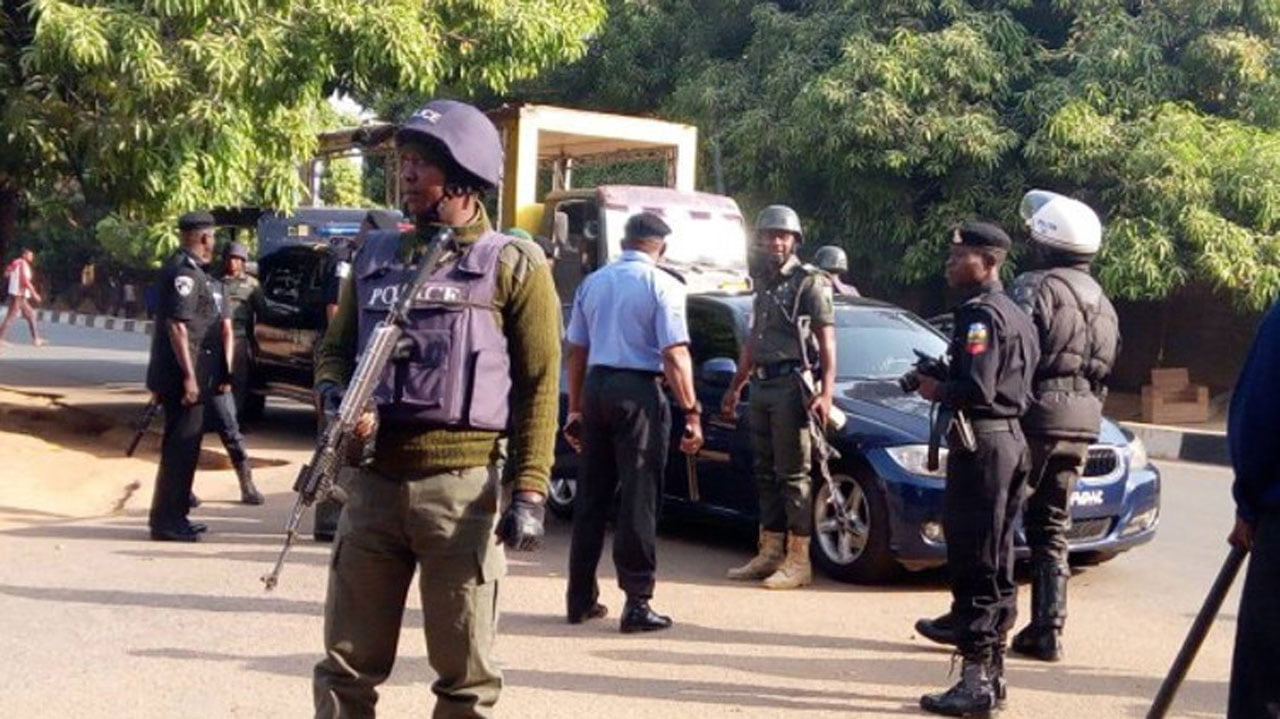The Coalition of South East Youth Leaders (COSEYL) has called for an end to the persistent sit-at-home orders in the region, describing them as acts of economic sabotage that are crippling the local economy. The group, through its President General, Goodluck Ibem, urged President Bola Tinubu to intervene by addressing the root cause of the unrest, including the release of the detained leader of the Indigenous People of Biafra (IPOB), Nnamdi Kanu.
The sit-at-home orders, which have been enforced sporadically by faceless individuals through videos and voice notes, have caused significant disruption in the Southeast, leading to a partial economic shutdown on Monday. Though both IPOB and the Simon Ekpa-led Biafra Republic Government In-Exile distanced themselves from the latest order, the impact on the region’s economy remains devastating.
“We cannot continue like this as a people. This madness must stop,” Ibem lamented in a statement released on Tuesday. He further emphasized the negative effects the constant sit-at-home orders have on the region’s economy, urging the government to take decisive action.
COSEYL also appealed to President Tinubu to release Nnamdi Kanu from the custody of the Department of State Services (DSS), believing this could help restore peace and economic stability in the Southeast. According to Ibem, the continued incarceration of Kanu has been exploited by unidentified individuals to enforce these disruptive orders, bringing hardship and stagnation to the region.
“We appeal to President Bola Tinubu to consider the release of Nnamdi Kanu from DSS custody to put a stop to all forms of economic sabotage which are injurious to the growth and development of the nation,” the statement added.
The coalition’s appeal underscores the growing frustration within the Southeast over the recurring sit-at-home exercises, which have become a significant obstacle to business activities, education, and public services.
As the situation in the Southeast becomes more challenging, many are looking to the federal government for swift intervention to restore normalcy and prevent further damage to the region’s economy.





